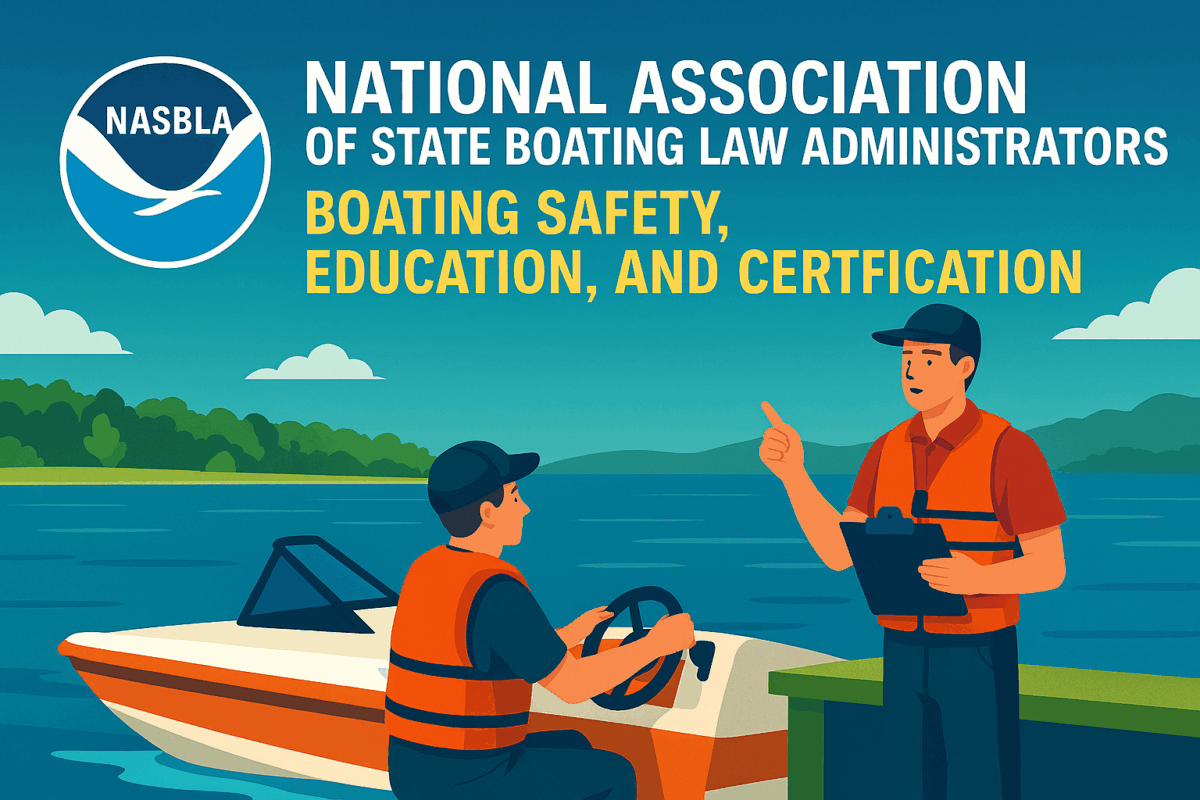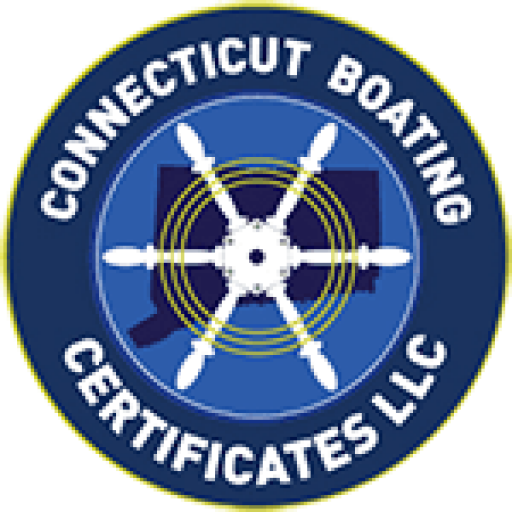Call: 1-800-832-7191

NASBLA Surveys and Statistics
Understand Boating Trends with NASBLA Surveys and Statistics
Boating safety improves when you rely on accurate data. NASBLA surveys and statistics offer insights that guide smarter decisions on the water. Having data from NASBLA Surveys and Statistics is a huge plus for any boater.
Track Safety Improvements Over Time
Each year, NASBLA collects data from state agencies. These statistics show changes in accident rates, enforcement efforts, and education outcomes. Boaters, instructors, and policymakers use this information to identify what works and what needs improvement.
Support Smarter Policy Decisions
Lawmakers and safety officials depend on the data from NASBLA to shape effective boating regulations. The data helps target high-risk areas and prioritize funding. With clear evidence, states can implement programs that reduce accidents and save lives.
Strengthen Boating Education Programs
Instructors use NASBLA data to refine course content. Trends in operator behavior and accident causes guide curriculum updates. This ensures students receive relevant, up-to-date training that reflects real-world conditions.
Improve Public Awareness Campaigns using NASBLA Surveys and Statistics
Outreach teams analyze these statistics to design impactful safety campaigns. They focus on common violations, seasonal risks, and regional concerns. These efforts help boaters stay informed and make better choices.
Encourage Data-Driven Enforcement
Enforcement agencies use the surveys to allocate resources effectively. They identify peak boating times, high-traffic zones, and common infractions. This leads to smarter patrol strategies and better compliance.
Stay Ahead of Emerging Issues using NASBLA Surveys and Statistics
It is important to reveal new challenges in recreational boating. From electric vessel trends to drone use near waterways, the data keeps stakeholders informed. Staying proactive helps maintain safe and enjoyable boating environments. The more one can learn can only boost their level of boating experience. It is ever so important to take in all the data you can so you can recall it in a potential emergency.
